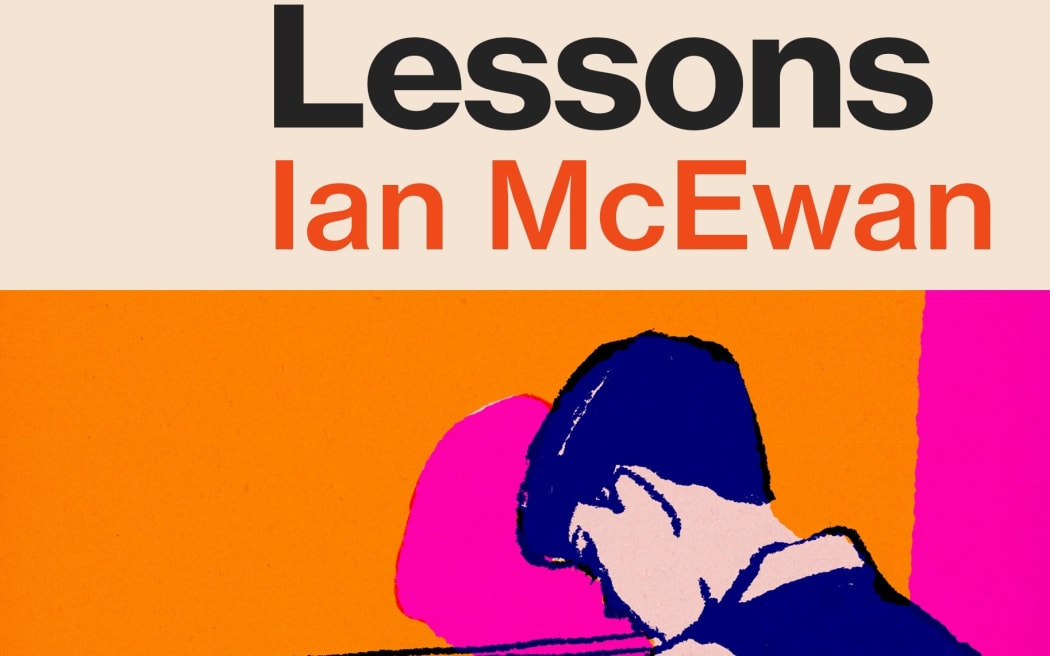
McEwan weaves in the traumas of world history as well: As the story opens, the failed nuclear generator at Chernobyl is emitting radioactive toxins that threaten the world. Alissa is working out a trauma born of other sources, while Roland floats along, remembering traumas of his own, including piano lessons with plenty of illicit extras at his boarding school. She will go on to great things, writing bestselling novels and, decades on, a memoir that will falsely accuse Roland of very bad behavior. They felt like self-aggrandisement by proxy.A tale of aspiration, disappointment, and familial dysfunction spread across a vast historic panorama.Įmbracing the years from the Blitz to Brexit, McEwan’s latest finds Roland Baines, an unaccomplished fellow who scrapes out a living as a lounge pianist and sometime journalist, worrying about his infant son, Lawrence: “Shocked, numbed, scar tissue forming within hours in the lower regions of the unconscious, if such a place or process existed?” The boy has good reason to be damaged, for his mother, Alissa, has abandoned them. But such men of mark (and they were primarily men) were too proximate to McEwan’s own high standing in Anglosphere Letters. Too often, especially in recent years, McEwan’s works have been stocked with grand figures – scientists of genius, brain surgeons, standard issue éminences grises. That Roland is an apparent declination from his eminent creator is the first virtue of McEwan’s new novel, his longest and most formally ambitious since Atonement (2001). He’s a sensualist by inclination and passive by nature – a born helpmeet and second stringer who cobbles together a working life as a lounge-bar pianist and part-time tennis instructor.

Roland does not possess the requisite ruthless ambition he lacks the splinter of ice in the heart.

His closest brush with literary fame is brief: early marriage to a woman who becomes the kind of artist he could never be. He’s a man whose early gifts aren’t brought to fruition. Roland Baine, protagonist of Lessons, is something similar: a McEwan that failed. John Updike said of his most enduring creation, Harry ‘Rabbit’ Angstrom, that he was a version of the author who never went to college.


 0 kommentar(er)
0 kommentar(er)
